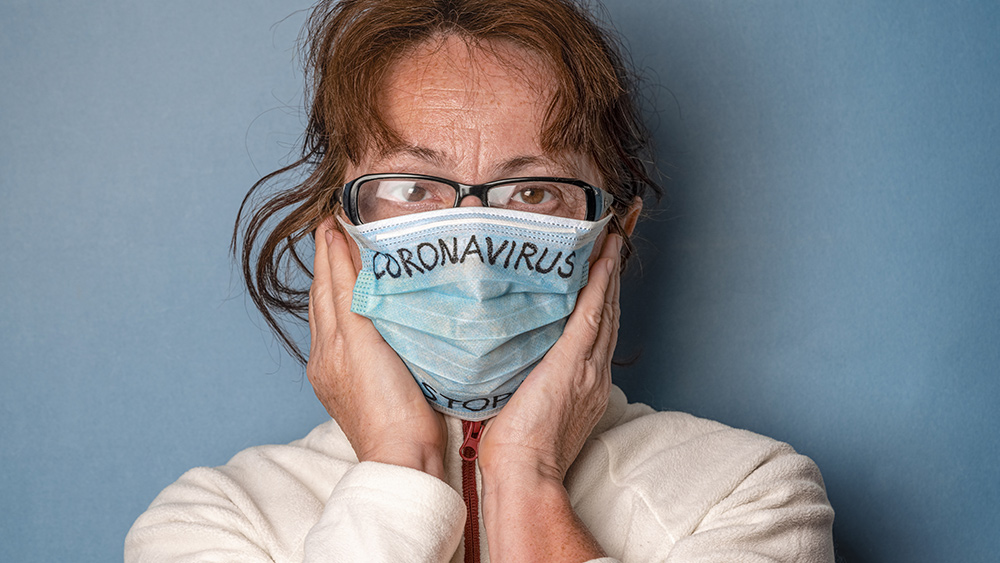Beagles can “sniff out” lung cancer more accurately than “advanced technology”
02/14/2020 / By Tracey Watson

Lung cancer is the second most common type of cancer and the leading cause of cancer death in both men and women in the United States. There are several types of lung cancer, but non-small cell (NSCLC) is the most common form.
Since NSCLC is so deadly, early detection is vital if a patient is to survive. However, the usual methods of detecting the disease – PET and CT scans – are both expensive and unreliable.
In recent years, researchers have been focusing a great deal of attention on finding alternative cancer detection methods. Some of this research has focused on whether dogs, with their highly advanced sense of smell, have the ability to detect lung and other types of cancer in humans.
Now, a study published in the Journal of the American Osteopathic Association has found that beagles can be trained to detect NSCLC in human blood samples with greater than 96 percent accuracy.
Harnessing the incredible olfactory capabilities of dogs
As explained by Medical News Today, beagles — hunting dogs which were specifically bred to find and track small animals — have 45 times more olfactory receptors than humans. For this reason, the research team decided to use beagles in their experiment.
Medical News Today explained:
The researchers initially trained four beagles for 8 weeks, though one showed little interest in the assigned task so did not take part in the study.
After the training period, the team called upon the three beagles to correctly distinguish between blood samples collected from individuals with non-small cell lung cancer and a set of blood samples obtained from healthy individuals.
The researchers placed all the samples in one room, at a height at which the dogs could comfortably sniff them. The team had trained the beagles to sit down when they could smell cancer, or to move on if the sample was from a healthy person.
The results? The dogs were consistently able to distinguish between the two sample types, and were able to identify cancer in the samples with greater than 96 percent sensitivity and specificity.
The researchers are excited at the results of their research and have undertaken further studies to determine whether the dogs can identify other forms of the disease, including both colorectal and breast cancers.
The latest study will examine whether the beagles can detect cancer through patient breath samples alone, and the researchers say that thus far the results seem very promising.
The research team’s ultimate goal is to create a cheap, over-the-counter test which people can use to test themselves for cancer simply by breathing on it. (Related: Late stage lung cancer more prevalent among the middle-aged than the elderly, study finds.)
Prevention even better than detection
While early detection of cancer certainly provides the best chance for patients who have the disease to survive it, lung cancer, like many other types of cancer, can be prevented in many cases through some simple lifestyle changes.
The American Cancer Society advises the following:
- Don’t smoke.
- Avoid breathing in other people’s secondhand smoke.
- Test your home for the presence of radon, and if it is detected, take the necessary steps to eradicate it.
- Avoid exposure to cancer-causing agents like asbestos, diesel exhaust, arsenic, silica and coal products.
- Eat a healthy diet, centered around organic fruits and vegetables, while minimizing consumption of sugar, refined carbohydrates and meat from animals which have been given routine antibiotics and hormone treatments.
In addition, studies have found that regular exercise can reduce lung cancer risk by a whopping 45 percent in former smokers.
Learn more about preventing cancer at AntiCancer.news.
Sources for this article include:
Tagged Under: animals, anticancer, beagles, cancer detection, cancer screening, dogs, lung cancer, non-small cell lung cancer, NSCLC, research




















